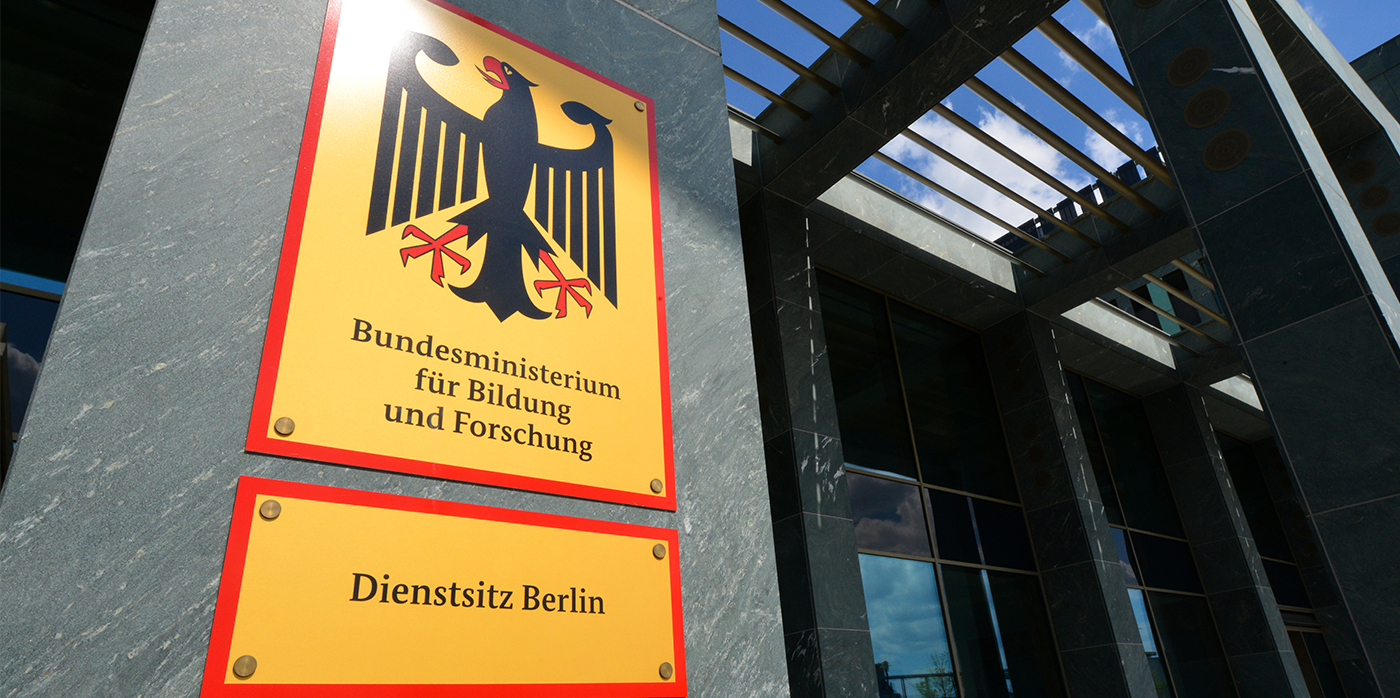New BMBF Programme to Establish a Plastic Packaging AI Application Hub in Germany
National funding initiative supports research into the potential of artificial intelligence (AI) methods for the design, manufacturing, collection, sorting, recycling or reuse of plastic packaging.
As part of its FONA programme (Forschung für Nachhaltigkeit – Research for Sustainability) Bundesministerium für Bildung und Forschung (BMBF – Federal Ministry for Education and Research) has launched a new call with a focus on the potential of AI for environmental and climate protection. The new programme is designed to promote the application of methods of artificial intelligence (AI) for a resource-efficient circular economy in the field of plastic packaging.
Through the programme, BMBF aims to establish an AI Application Hub that is designed to showcase AI-supported solutions for the circular usage of plastic packaging. The AI Application Hub brings together all the relevant stakeholders from research, society and industry along the entire value chain and integrates transfer partners as multiplicators to increase the hub’s exemplary function. It also creates the necessary data infrastructure to support all participating partners.
The AI Application Hub consists of two innovation laboratories dedicated to one of two thematic areas:
Design and Manufacturing, including development and demonstration of AI Methods for:
- Design of recyclable packaging.
- Increased usage of recycled materials.
- Adaptive manufacturing processes.
- Smart services and novel business models.
Collection, Sorting, Recycling and Reuse, including development and demonstration of AI methods for:
- Tracing of material flows.
- Collection and logistics.
- Sorting and recycling.
- Reuse.
Within the framework of the AI Application Hub, both innovation laboratories jointly develop digital technologies, AI-based solutions and data management concepts for improved resource efficiency and recyclability of plastic packaging on the basis of a relevant application case. To this end, projects may rely on a range of different methods of artificial intelligence, such as:
- AI-based decision-making support for the development of sustainable plastic packaging and optimised product design.
- Adaptive, smart process management for manufacturing and recycling.
- AI-based pattern-recognition procedures for automated collection and sorting of waste packaging.
- Improved logistics and distribution pathways, including for secondary raw materials.
- Standardised and automated evaluation of packaging, eg according to criteria of environmental accounting.
- Application of big data-based self-learning systems for the analysis of consumer and user behaviour, to identify and overcome barriers to sustainable innovation.
Projects utilising other types of AI methods are also encouraged.
Funding will be provided for application-oriented or industrial research as well as experimental development. The focus is on the pre-competitive demonstration of AI applications on the basis of a relevant application case (technical readiness level TRL > 5). BMBF will also support project-related activities on standardisation and industry norms as well as investigations into innovation barriers, eg in the area of law or economics.
To be considered for funding, innovation laboratories must bring together multiple partners from science and industry in a research consortium. Eligible for funding are commercial businesses, institutions of higher education and non-educational research institutions in Germany. Public bodies on regional and state-level as well as associations and other civic organisations (eg foundations and societies) may also participate.
Each innovation laboratory will be supported over a period of three years. The maximum funding amount per laboratory is €15 million.
The scheme comprises a multi-step application process. Initially, consortia submit a short outline proposal for an innovation laboratory in one of the two thematic areas. Following the review of all proposals, three proposals for each thematic area will be shortlisted and invited to present their proposal and collaboration plan to the review committee. The selected two consortia may then submit their formal funding application to BMBF.
BMBF and PtJ are inviting interested parties to attend a dedicated information event on 20 October 2021.
The deadline for the submission of outline proposals is 15 December 2021.
(This report was the subject of a RESEARCHconnect Newsflash.)

